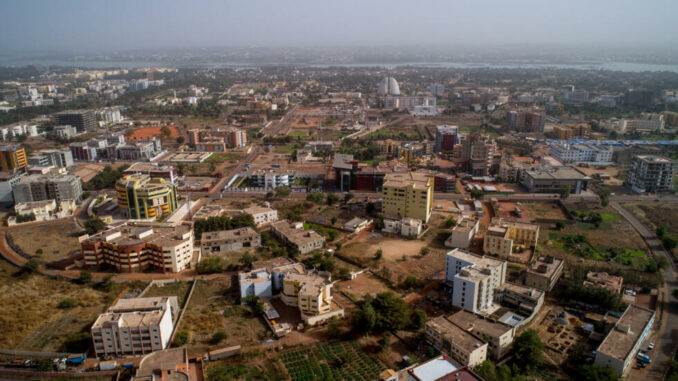
Amid growing unease over democratic regression in Mali, United Nations human rights experts have sharply criticized on Thursday May 8 the country’s military-led government for its decision to suspend political party activities indefinitely. The decree, announced on Wednesday under the pretext of maintaining public order, follows rising opposition protests and escalating state crackdowns on dissent. UN special rapporteurs have called the move a “flagrant violation” of civil and political rights, urging transitional President Assimi Goïta to immediately lift the restrictions and honour Mali’s international obligations under human rights law.
The experts condemned not only the suspension order but also a recent legislative proposal that would dismantle key safeguards for political participation. This bill, which imposes prohibitive financial requirements for party registration and candidacies, threatens to sideline large segments of the population from the democratic process. Legal observers fear it could effectively dissolve political pluralism in the West African state, narrowing political engagement to a privileged few and eroding the foundational right to freedom of expression and association.
Dismissing the junta’s justification that the reforms stem from national dialogue outcomes, the UN experts argued that no meaningful consultation can occur in a climate marked by fear, censorship, and civic suppression. They warned that the intimidation of journalists, activists, and political opponents undermines any semblance of democratic governance. Ahead of opposition rallies planned for Friday, the experts reminded Malian authorities of their duty to safeguard peaceful assembly and warned that any repression would further imperil the nation’s fragile political transition.
